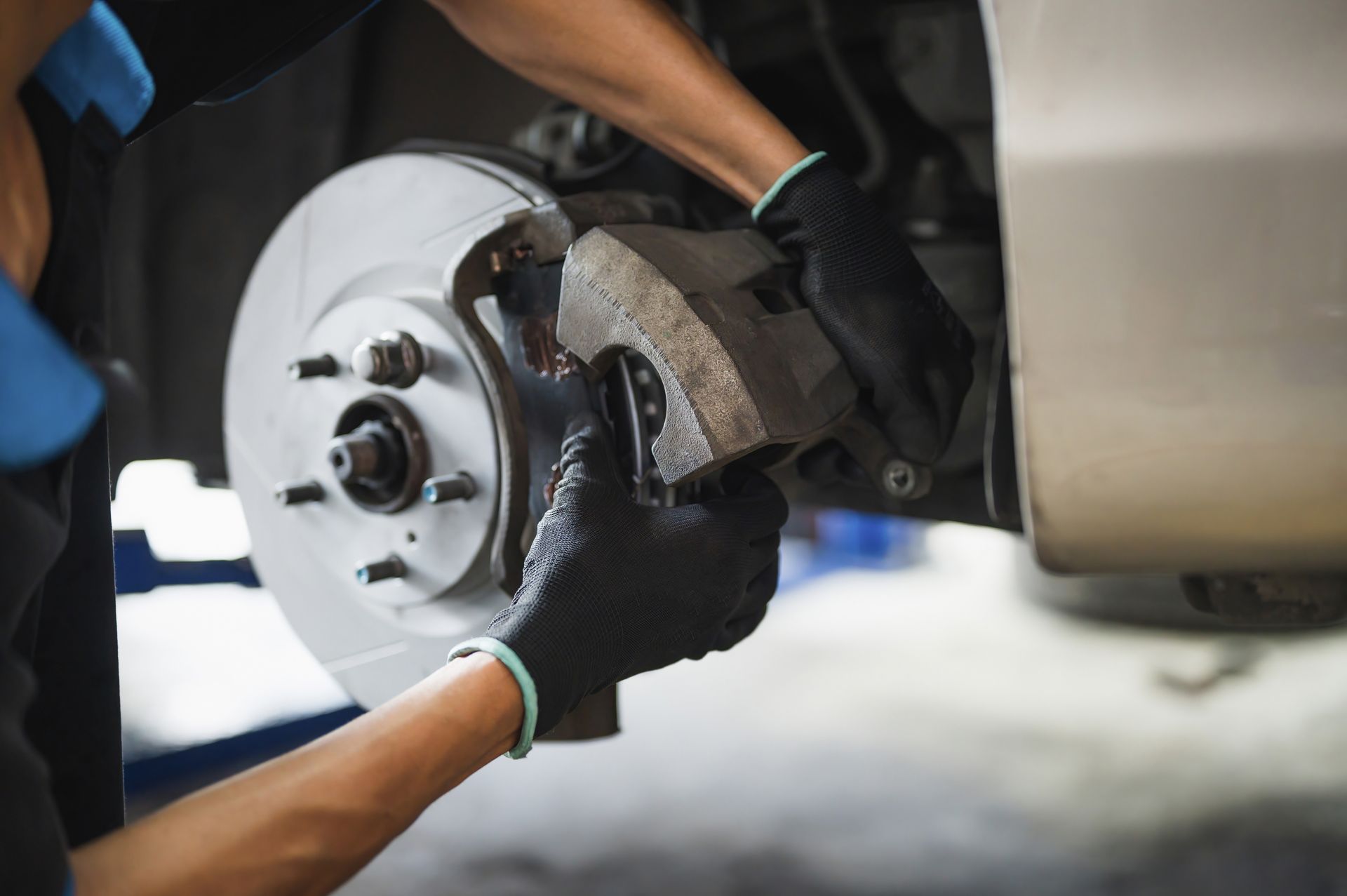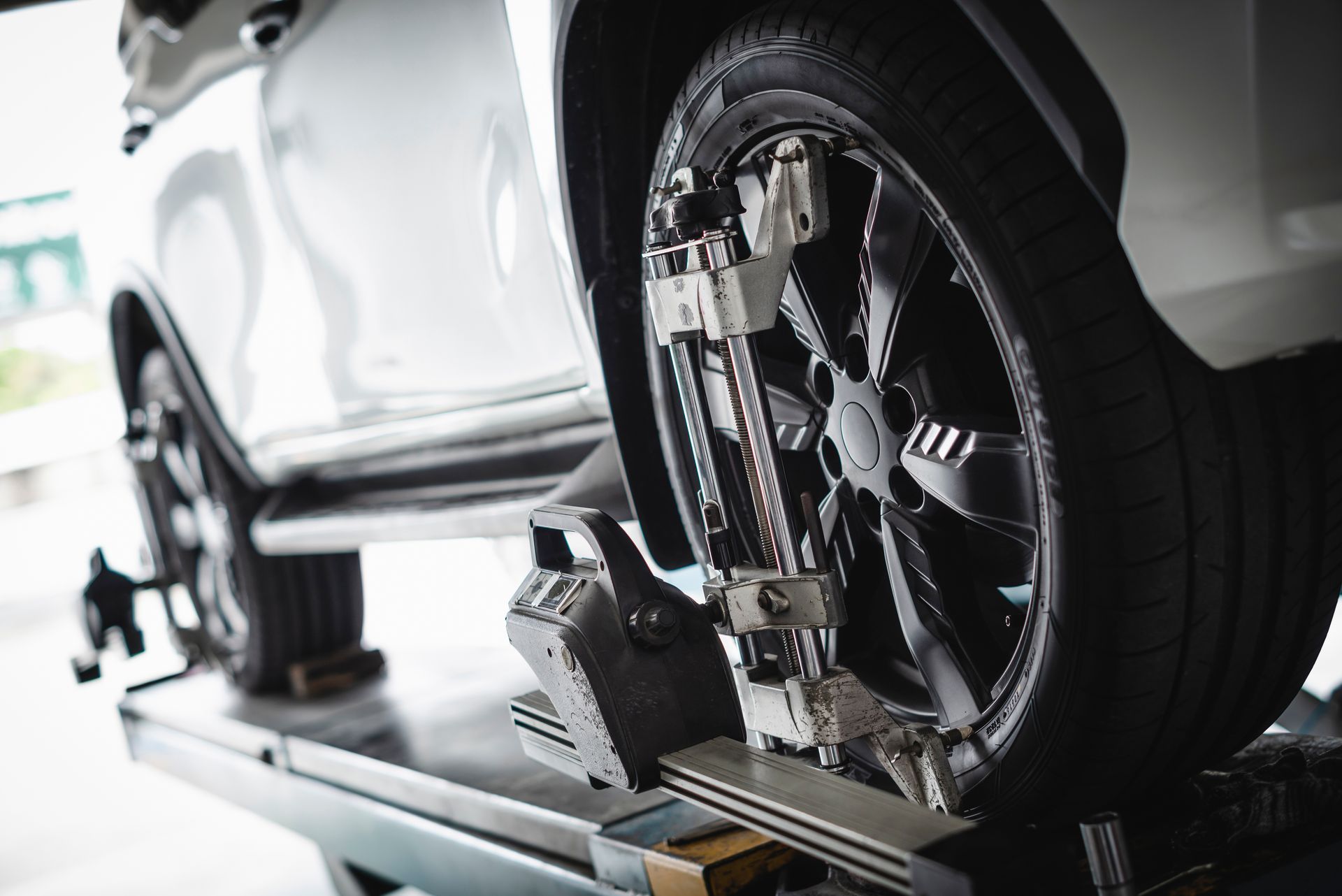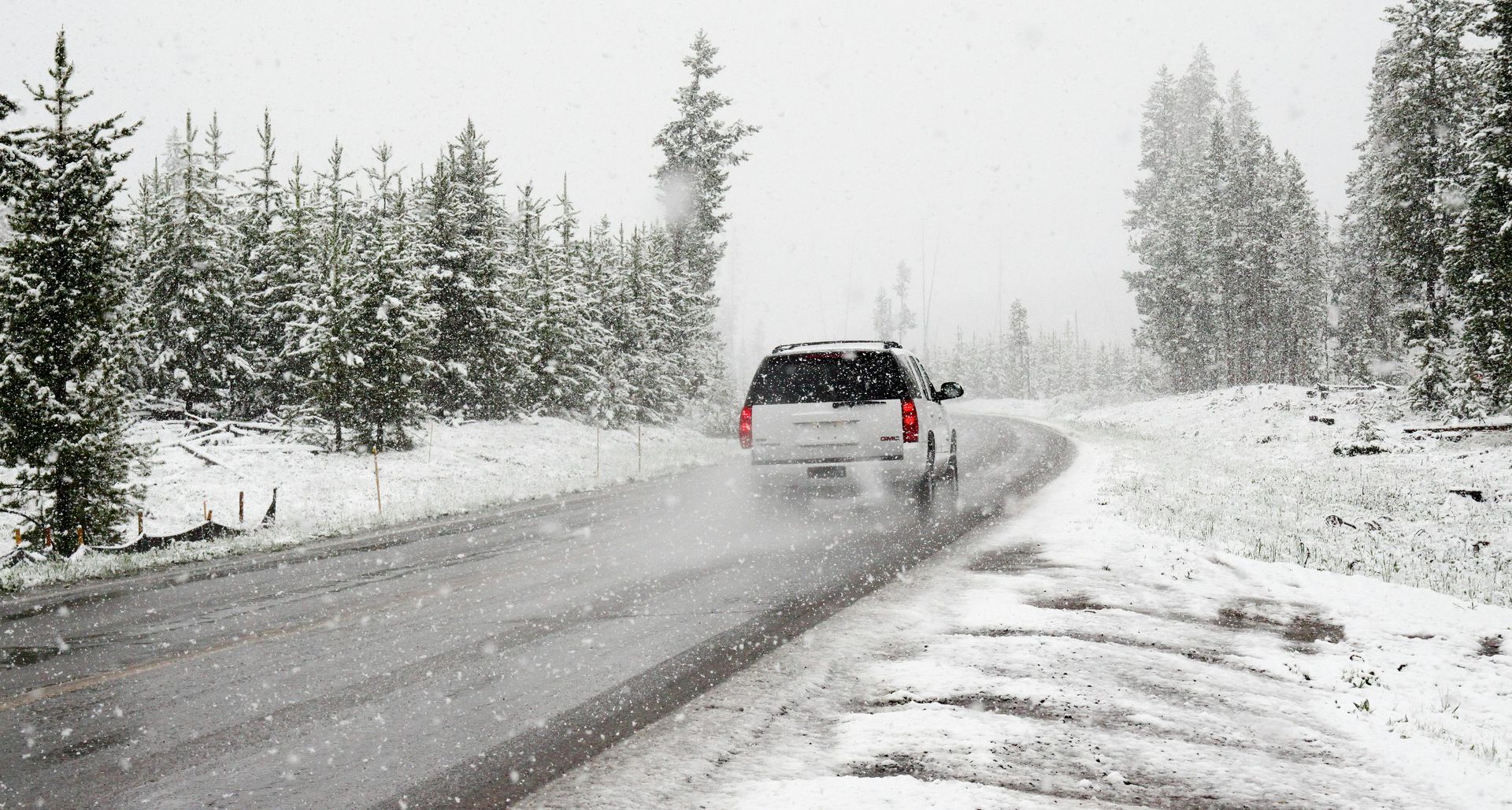Steps to Take When Your Check Engine Light Appears in Fort Collins
The check engine light is one of the most misunderstood dashboard warnings, and it always seems to appear at the worst possible moment. Whether you're heading to work in downtown Fort Collins or planning a weekend trip to Rocky Mountain National Park, that amber warning light can cause immediate stress and confusion.
The good news is that a check engine light doesn't always mean disaster is imminent. This warning system is designed to alert you to problems before they cause major damage, giving you time to take appropriate action. Knowing how to respond properly can save you money and prevent being stranded on Colorado's remote mountain roads.
Fort Collins drivers face unique challenges when dealing with check engine lights. Colorado's elevation, temperature extremes, and emissions requirements can trigger this warning more frequently than in other climates, making it important to know exactly what steps to take.
Don't Panic: Assess the Situation
Your first reaction when the check engine light comes on should be to stay calm and assess the situation. Note whether the light is solid or flashing, as this distinction is crucial for determining your next steps.
A solid check engine light indicates a problem that needs attention but usually isn't immediately dangerous. You can typically continue driving carefully while planning to have the issue diagnosed soon.
A flashing check engine light signals a serious problem that could damage your engine. This usually indicates misfiring that can destroy your catalytic converter—an expensive repair that's especially costly in Colorado due to strict emissions requirements.
Pay attention to how your car feels and sounds. Is it running roughly, making unusual noises, or losing power? These symptoms help technicians diagnose the problem and determine urgency.
Immediate Steps for a Solid Check Engine Light
When the check engine light comes on steady, start with these simple checks before heading to a repair shop:
Check your gas cap first. A loose or damaged gas cap is one of the most common causes of check engine lights. Tighten the cap and drive for a few days to see if the light goes off. Colorado's dry air and temperature changes can affect gas cap seals, making this a frequent issue around Fort Collins.
Note recent changes. Did you just fill up with gas? Use a different gas station? Recent fuel or maintenance can sometimes trigger temporary codes that clear themselves.
Monitor performance. If your car runs normally with just the light on, you can usually drive carefully to a repair shop for diagnosis. Avoid highway speeds and mountain driving until you know what's wrong.
Avoid prolonged driving. While you don't need to stop immediately, don't postpone diagnosis for weeks. Problems can worsen, especially under Colorado's demanding driving conditions.
Emergency Response for a Flashing Light
A flashing check engine light demands immediate action to prevent expensive engine damage:
Pull over safely as soon as possible. Don't continue driving with a flashing light, especially on mountain roads where help might be far away.
Turn off the engine and let it cool down. Continued driving can cause catastrophic damage that turns a moderate repair into an engine replacement.
Call for help. This isn't a DIY situation. You need professional diagnosis and likely towing to prevent further damage.
Don't restart repeatedly. Trying to restart the engine multiple times can worsen the problem and cause additional damage.
Common Causes in Colorado Vehicles
Fort Collins' unique environment contributes to specific check engine light triggers:
Altitude effects can cause lean fuel mixtures that trigger oxygen sensor codes. This is especially common for vehicles from lower elevations that aren't properly adjusted for Colorado's thin air.
Temperature extremes stress sensors and emissions components. Rapid temperature changes between day and night can cause expansion and contraction that affects sensor readings.
Emissions system problems are more noticeable at altitude. Catalytic converters, oxygen sensors, and EGR valves work harder in Colorado's thin air and can fail more frequently.
Fuel quality issues occasionally affect Colorado vehicles. Some imported fuels or seasonal blends can trigger codes in sensitive vehicles.
What the Diagnostic Process Reveals
Professional diagnosis involves connecting a scan tool to your vehicle's computer to read stored trouble codes. These codes point technicians toward the problem area but don't provide complete answers.
Modern vehicles can store dozens of different codes ranging from minor sensor issues to major engine problems. Experienced technicians interpret these codes within the context of your vehicle's symptoms and history.
Some codes clear themselves if the problem was temporary, while others indicate ongoing issues that need repair. The diagnostic process also reveals pending codes that haven't triggered the light yet but indicate developing problems.
Don't Ignore Emissions Requirements
Colorado has strict emissions testing requirements, and vehicles with active check engine lights automatically fail emissions tests. You can't register your vehicle until the light is off and the issue is resolved.
Some repairs require multiple drive cycles before the check engine light resets and emission monitors become "ready" for testing. This process can take several days or weeks, making prompt diagnosis important for Fort Collins drivers facing registration deadlines.
When Professional Help Is Essential
While checking your gas cap is reasonable, most check engine light causes require professional diagnosis. Modern vehicles have complex computer systems that need specialized equipment and training to diagnose properly.
Guessing at the problem or trying random repairs wastes money and time. Professional diagnosis quickly identifies the real issue and prevents unnecessary work.
Some problems that trigger check engine lights can cause additional damage if ignored. Early diagnosis and repair prevent small issues from becoming expensive problems.
Expert Check Engine Light Diagnosis at Total Automotive
Don't let a check engine light ruin your day or your weekend plans. At Total Automotive in Fort Collins, our ASE-certified technicians use advanced diagnostic equipment to quickly identify what's triggering your check engine light.
We know how Colorado's unique conditions affect vehicle emissions systems and can efficiently diagnose problems ranging from simple sensor issues to complex engine problems. Our experience with Fort Collins vehicles means we can often identify common local issues quickly and accurately.
Schedule your check engine light diagnosis today by calling (970) 900-6735 or booking online. Get the answers you need and get back to enjoying Colorado's roads with confidence.












